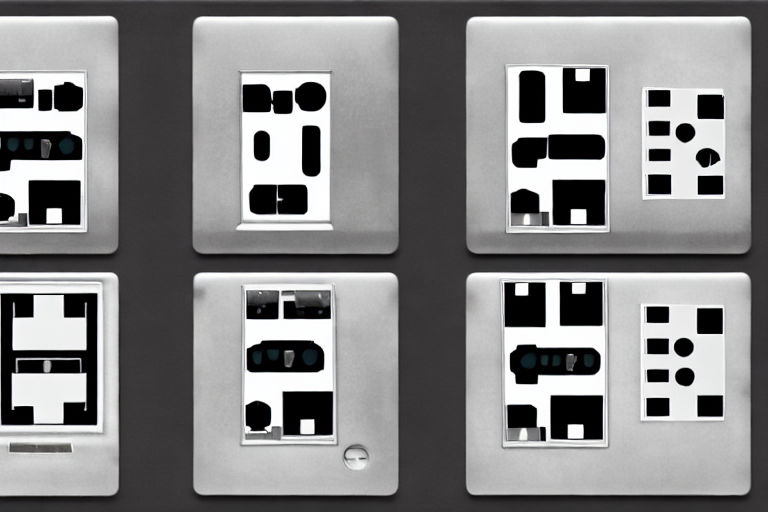5 Ways to Say No Without Feeling Guilty
Saying no can be tough, especially if you're a people-pleaser or someone who wants to help everyone. But it's essential to learn how to say no without feeling guilty. Saying no allows you to prioritize your own well-being and protect your time and energy. By setting boundaries, you can avoid feeling overwhelmed and resentful.
Why Saying No Can Be So Hard
There are several reasons why saying no can be difficult:
- Fear of disappointing others: We often worry about letting people down or hurting their feelings.
- Guilt: We might feel guilty for not being able to help or for not being available when someone needs us.
- Fear of missing out: We might worry that we're missing out on opportunities or experiences if we say no.
- Pressure to be helpful: We might feel pressured to say yes because we want to be seen as helpful or supportive.
5 Ways to Say No Without Feeling Guilty
Here are five ways to say no without feeling guilty:
1. Be Direct and Honest
The best way to avoid guilt is to be direct and honest about why you can't do something. For example, you could say, "I'm really swamped with work right now and I wouldn't be able to give this project the attention it needs." Or, "I'm not comfortable with that, and I don't want to do something that doesn't feel right for me."
2. Offer Alternatives
If you can't say yes to a request, offer alternatives that might be helpful. For example, you could suggest someone else who might be able to help, or offer to do something else instead. This shows that you're willing to be helpful, even if you can't do what's being asked.
3. Use "I" Statements
When you use "I" statements, you take ownership of your decision and avoid blaming others. For example, instead of saying, "You're asking too much of me," you could say, "I'm not able to take on that extra responsibility right now." This makes it clear that you're not trying to make someone feel bad, but rather you're simply stating your limits.
4. Practice Saying No
The more you practice saying no, the easier it will become. Start with small requests and gradually work your way up to bigger ones. Don't be afraid to say no, even if it's uncomfortable at first.
5. Don't Explain Too Much
Sometimes, the best way to say no is simply to say, "No, thank you." You don't always have to justify your decision or explain yourself in great detail. Remember, you have the right to say no without providing a lengthy explanation.
Conclusion
Saying no can be a powerful way to protect your time, energy, and mental health. By learning how to say no effectively, you can feel more confident and in control of your life. Remember, you don't have to say yes to everything, and it's okay to prioritize your own needs.



